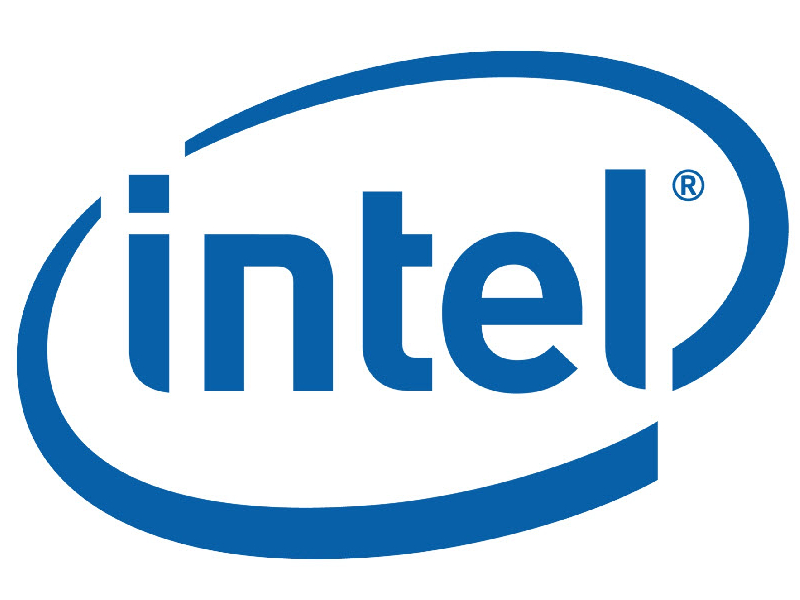Intel Launches Program to Close Tech Divide for Women
The "She Will Connect" program integrates "Internet access with gender and development programming" and aims to expand the digital literacy skills of young women in the developing world.
Following on the findings of January's Women and the Web report, Intel has launched the "She Will Connect" initiative which aims to reduce the global gender and technology gap and will be initially launched in Africa with the target of reaching 5 million women and reducing the gender gap by 50 percent.
Intel aims to achieve its goals by working with a "diverse range of partners" including governments, global and local NGOs and through an innovative and scalable new platform that features an Online Gaming Platform and a Peer Network to push the concept of digital literacy forward.
The former delivers content through "an interactive, engaging approach for smartphones and tablets in a game-infused environment" that allows learning to take place in a mediated environment, both individually across devices and in the context of a wider peer network. The Peer network also incorporates World Pulse's digital empowerment platform that integrates training into existing digital literacy programs and connects women to "a safe and supportive peer network" that offers a free exchange of ideas, support and mentorship.
"The Internet has transformed the lives of billions of people," said Shelly Esque, vice president of Intel's Corporate Affairs Group and president of the Intel Foundation. "It functions as a gateway to ideas, resources and opportunities that never could have been realized before, but our research shows that girls and women are being left behind. We believe that closing the Internet gender gap has tremendous potential to empower women and enrich their lives as well as all the lives they touch."
At this juncture, it is worth noting that the "She Will Connect" initiative is part of a broader commitment educating women in developing countries which has included a 2013 Clinton Global Initiative Commitment to Action, an "Easy Steps Digital Literacy" training program that aims to reach 1 million women in India and patterning with several governments and organizations in Latin America to provide training with a special focus on fostering entrepreneurial skills.
Get Tom's Hardware's best news and in-depth reviews, straight to your inbox.
Tarun Iyer was a contributor for Tom's Hardware who wrote news covering a wide range of technology topics, including processors, graphics cards, cooling systems, and computer peripherals. He also covered tech trends such as the development of adaptive all-in-one PCs.
-
-Fran- "...but our research shows that girls and women are being left behind."Reply
And the research team had any women in it?
I'm sorry, but this is just an insult to girls. They're not stupid and they know what they want in life. If they want to learn "math", they'll do just fine. I know a lot of engies and the best are usually women in my opinion. They're fewer, yes, but the quality is great.
So, I don't think telling them "we think you're disabled as a person, so you need our manly help" is a good thing to do.
I might be overblowing the meaning behind this initiative, but I hate it when people think that women and men have a different mental capacity (standarized, not special cases) for work. We are different and all, but brute brain work is not one of those differences. Try on preferences and a cultural enrichment next time, but not education IMO. Men are usually the cause of women not getting into technology, not themselves.
Cheers! -
shin0bi272 oh brother... more PC Bullsh!t. God forbid there be any sort of defined gender roles the world might work properly and not need the government to be our nanny or whatever analogy you want to use.Reply -
PadaV4 No. Intel sends the message that women are retarded, and they need a program for "special" people.Reply
Disclaimer: Not my personal views. Just translating what Intel means. -
smeezekitty ReplyI might be overblowing the meaning behind this initiative, but I hate it when people think that women and men have a different mental capacity (standarized, not special cases) for work. We are different and all, but brute brain work is not one of those differences. Try on preferences and a cultural enrichment next time, but not education IMO. Men are usually the cause of women not getting into technology, not themselves.
You whacked the nail squarely on the head. The technical difference in raw brain ability between males and females is pretty negligible.
The gap is almost certainly because of stereotypes and peer homophily. -
martel80 Women are under a (historical) social pressure to assume a certain social role. But in most western countries, they may simply ignore that with little penalties (if any). The stereotypes will linger for some time but I hope they will eventually disappear. I hate this European initiative to force at least 40% of women in a company's management. What a load crap! Women are capable of achieving that percentage naturally but they must refuse the social role that's often being fed down their throats.Reply
In developing world, the situation may be entirely different (a century behind, perhaps) hence the need of forced/accelerated evolution. -
cypeq Yeah women are stupid and we men must put a pressure on them to keep up with technology and such. It's common knowledge that women are incapable of making independent decisions. Great XIX century mentality Intel.Reply -
jkflipflop98 The irony here is that this whole thing was thought up by a team comprised solely of women. They came up with it at a big gathering of women in intel.Reply
